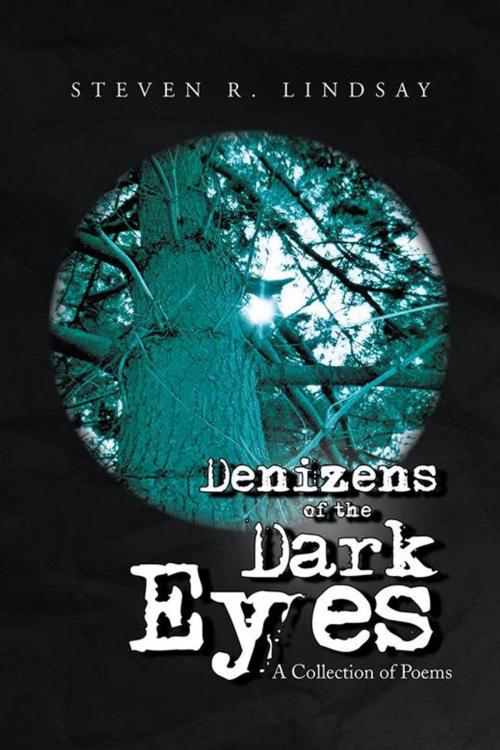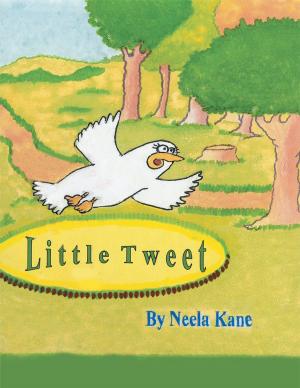| Author: | Steven Lindsay | ISBN: | 9781514469064 |
| Publisher: | Xlibris US | Publication: | August 28, 2009 |
| Imprint: | Xlibris US | Language: | English |
| Author: | Steven Lindsay |
| ISBN: | 9781514469064 |
| Publisher: | Xlibris US |
| Publication: | August 28, 2009 |
| Imprint: | Xlibris US |
| Language: | English |
Jacob Maxson is a twenty-one-year-old drifter who reluctantly returns home to the town of Lynx, Michigan. He is young, slender, and athletic, but still grieves for his dead mother and father. Then, Jake suddenly falls in love with a divorced nurse named Catherine Havenbeck. She is gentle, attractive, and compassionate, but suffers the deep burdens from her ill-fated marriage. However, a growing terror leads them on a harrowing journey through an unspeakable shroud of horror. This poetic story and many of the authors literary works await the reader in Denizens of the Dark Eyes.
"Impressive work." - Writer's Digest International Self-Published Book Awards
Judge's Commentary
What did you like best about this book? I like the hard work reflected in these poems, well over 100 of them. The author clearly works and reworks his poems to get the rhyme and meter desired. He writes in tight, short lines, making the rhyming even more difficult; some lines have only four words and that's impressive work. I also liked his willingness to write about very personal topics, like "Ode to a Cancer Cell." And he also manages to capture hours of action into a few lines and make a statement about society as well in a poem like "Sunday Cinema." And I liked the use of metaphor as in "The Attic Upstairs" which speaks not only to objects that have been put away for storage but, of course, mental memorabilia as well.
How can the author improve this book? My only suggestion for reconsideration, should this volume be reprinted, is the choice of titles. The title suggests a volume of dark poems, poems about loss and loneliness, about death and dying, about dead friends and frustrated dreams. While some poems touch on these subjects, the majority of the poems are not nearly as negative in nature and thus may either be missed by a reader thinking the title implies poems too negative to be enjoyed, or disappointing a reader looking for melancholy.
Jacob Maxson is a twenty-one-year-old drifter who reluctantly returns home to the town of Lynx, Michigan. He is young, slender, and athletic, but still grieves for his dead mother and father. Then, Jake suddenly falls in love with a divorced nurse named Catherine Havenbeck. She is gentle, attractive, and compassionate, but suffers the deep burdens from her ill-fated marriage. However, a growing terror leads them on a harrowing journey through an unspeakable shroud of horror. This poetic story and many of the authors literary works await the reader in Denizens of the Dark Eyes.
"Impressive work." - Writer's Digest International Self-Published Book Awards
Judge's Commentary
What did you like best about this book? I like the hard work reflected in these poems, well over 100 of them. The author clearly works and reworks his poems to get the rhyme and meter desired. He writes in tight, short lines, making the rhyming even more difficult; some lines have only four words and that's impressive work. I also liked his willingness to write about very personal topics, like "Ode to a Cancer Cell." And he also manages to capture hours of action into a few lines and make a statement about society as well in a poem like "Sunday Cinema." And I liked the use of metaphor as in "The Attic Upstairs" which speaks not only to objects that have been put away for storage but, of course, mental memorabilia as well.
How can the author improve this book? My only suggestion for reconsideration, should this volume be reprinted, is the choice of titles. The title suggests a volume of dark poems, poems about loss and loneliness, about death and dying, about dead friends and frustrated dreams. While some poems touch on these subjects, the majority of the poems are not nearly as negative in nature and thus may either be missed by a reader thinking the title implies poems too negative to be enjoyed, or disappointing a reader looking for melancholy.















